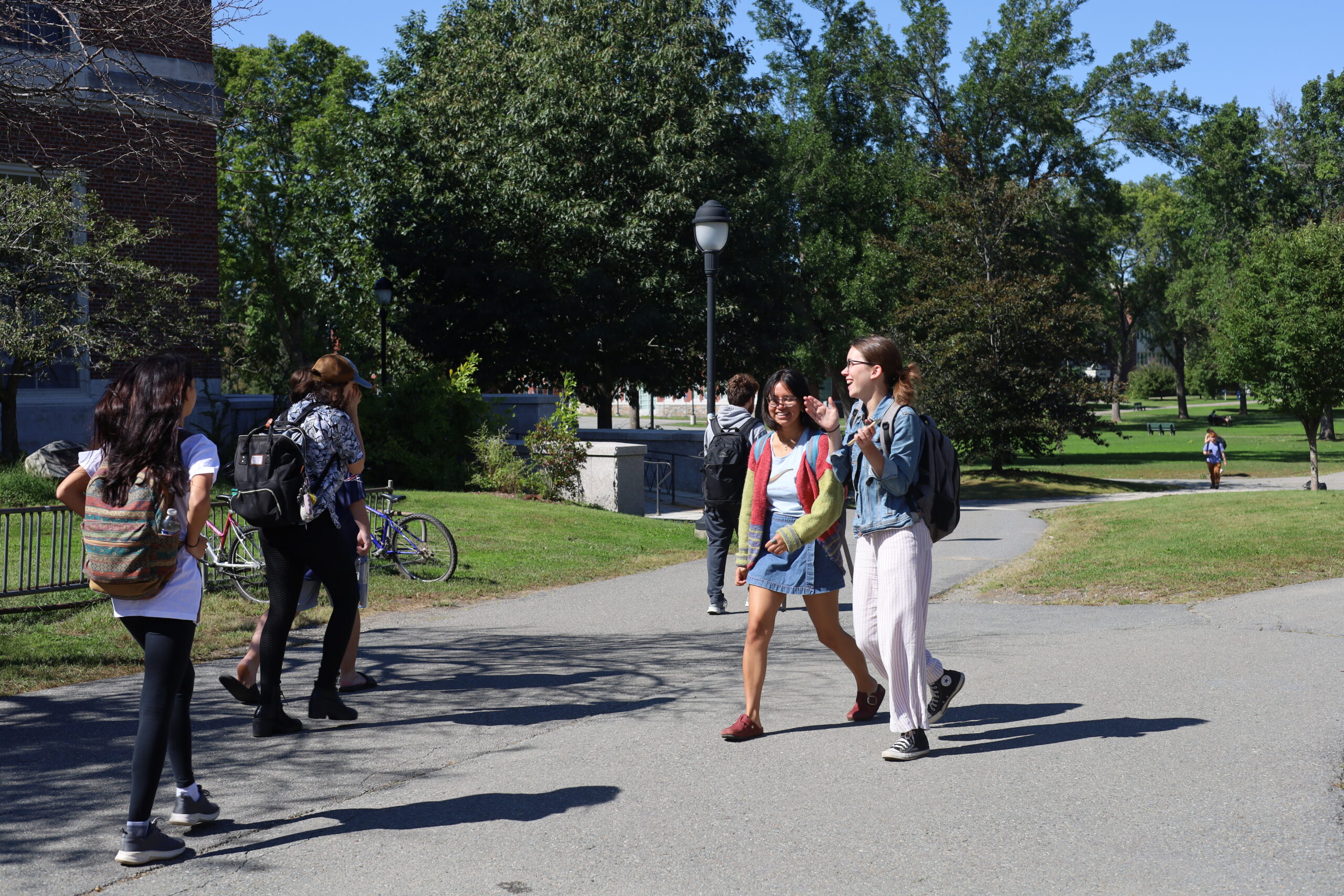The opinions held by all in college, including the University of Maine, can be bad. Throughout time, we have heard the notion that college students are out of tune with the real world. This is not an incorrect assertion regarding the state of college opinions across all spectrums. It is not something to feel bad about, though, because formulating opinions constructively throughout college is part of personal growth.
In the past week, we have seen students at several universities (most notably Harvard) advocate for Hamas, conflating the terrorist group with Palestine itself. This illustrates a problem across America: that an undeveloped brain and environmental influences on college students have caused an abundance of objectively bad opinions to formulate. Sometimes, when sitting in class and hearing various perspectives, I think to myself, “This opinion is atrocious.” However, even opinions that are horrendous can be an integral part of personal growth.
A reason behind harmful opinions is that they are not based on facts but are conflated with feelings and extreme idealism. This results in judgment being skewed away from reality. These range from thoughts regarding wars to some believing that their political opponents shouldn’t have a voice. One issue that exacerbates this is the lack of constructive thought to properly dissect one’s own opinion while hearing out other perspectives. This happens here, but the environment associated with it does not allow for constructive criticism or thought to flourish, given the brain’s immaturity.
The importance of brain development poses a key piece behind why college students hold bad opinions. The National Institute of Health, in their study “Maturation of the adolescent brain,” states that the brain’s chemistry regarding hormones observes “delayed development of GABAergic neurotransmission is held responsible for neurobehavioral excitement including euphoria and risk-taking behavior, whereas dopaminergic (DA)ergic neurotransmission, particularly in the prefrontal area, is developmentally regulated by sex hormones and is implicated in drug-seeking behavior during adolescence.” The GABAergic neurotransmission is a regulator of neuron excitability. Young adult hormones see behavior influenced by a drive to push forth with thought processes – like opinions that are harmful or hurtful – with headstrongness rather than reflection.
The study also states that “Adolescents are at their peak of physical strength, resilience, and immune function, yet mortality rates among 15 to 24-year-olds are more than triple the mortality rates of middle school children.” This risk-taking behavior gives way to having harmful opinions to the self or others and being “edgy” or out-of-touch with reality. Most college students are, therefore, more influenced by their ego instead of rational decision-making processes, as the brain doesn’t reach maturity until age 25.
Another aspect to consider regarding opinions is the social environment college students are within. This is due to the fact that mindsets are influenced by others and the people involved are fellow young adults. Within these groups, usually, a mentality develops or a feeding pool forms where opinions flourish. Due to pressure to fit in, many feel the need to adopt the thought processes of those around them.
Another possibility is a rapid shift of thought. This can be someone coming into college as a socialist, progressing from a conservative to a moderate, and again to a socialist within the span of several years, or any variation of political perspectives. The group one surrounds themselves with can influence the adoption of opinions through their malleability.
The opinion one holds in college will change afterward. This is part of growth. What ideology is held now will not be forever as circumstances arise, people come through, and most importantly, now the mind has not matured. No matter your opinions on anything, know that they shouldn’t become a source of regret, but rather growth and reflection.




